Knowing if you’re awake seems simple. Why has it vexed philosophers for centuries?
Knowing what separates wakeful reality from dream states seems rather simple on its surface. After all, even if a dream feels quite real in the moment, it’s unbound from continuity and the natural laws of our (presumed) waking lives. Yet proving that you’re awake, rather than just intuiting it, has been a perilous task for philosophers across the centuries. Beginning with the ancient Chinese philosopher Zhuang Zhou’s famed butterfly dream, this TED-Ed animation tackles how thinkers from Al-Ghazali in medieval Persia, to René Descartes and Thomas Hobbes in 17th-century France and England, to neuroscientists today have approached the question of whether we can ever truly know we’re awake.
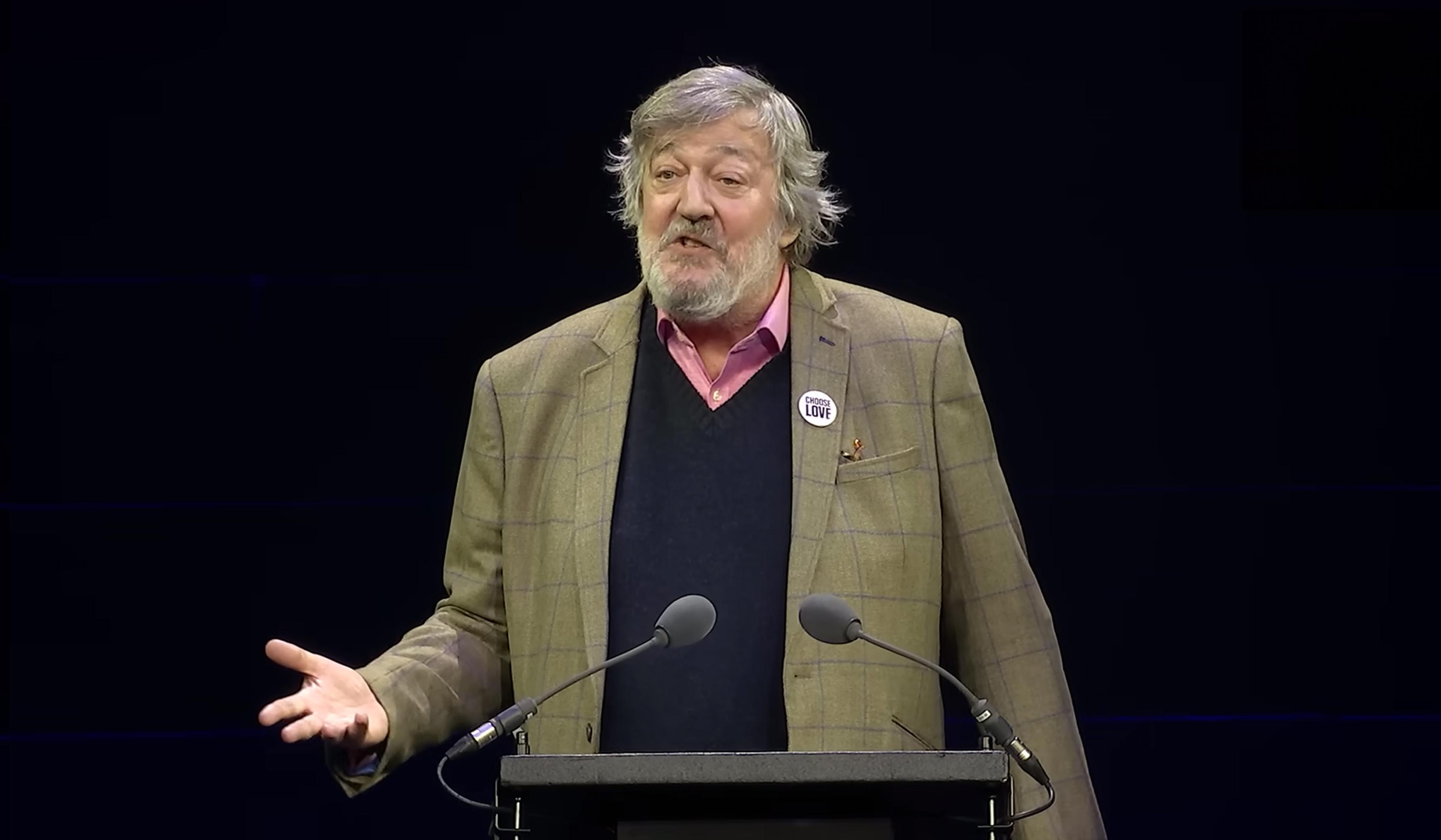
video
Meaning and the good life
Why strive? Stephen Fry reads Nick Cave’s letter on the threat of computed creativity
5 minutes
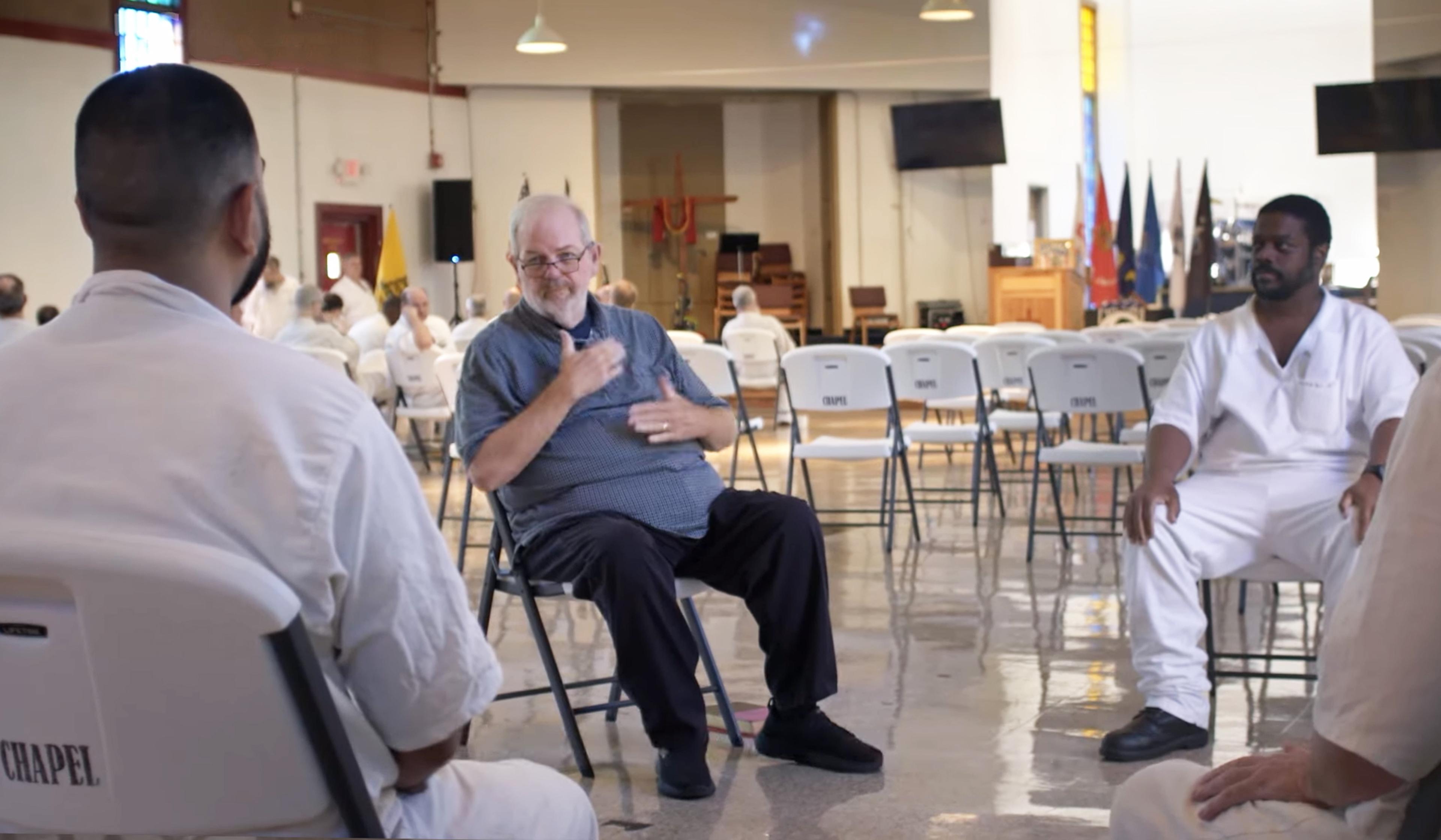
video
Human rights and justice
‘I know that change is possible’ – a Deaf prison chaplain’s gospel of hope
18 minutes
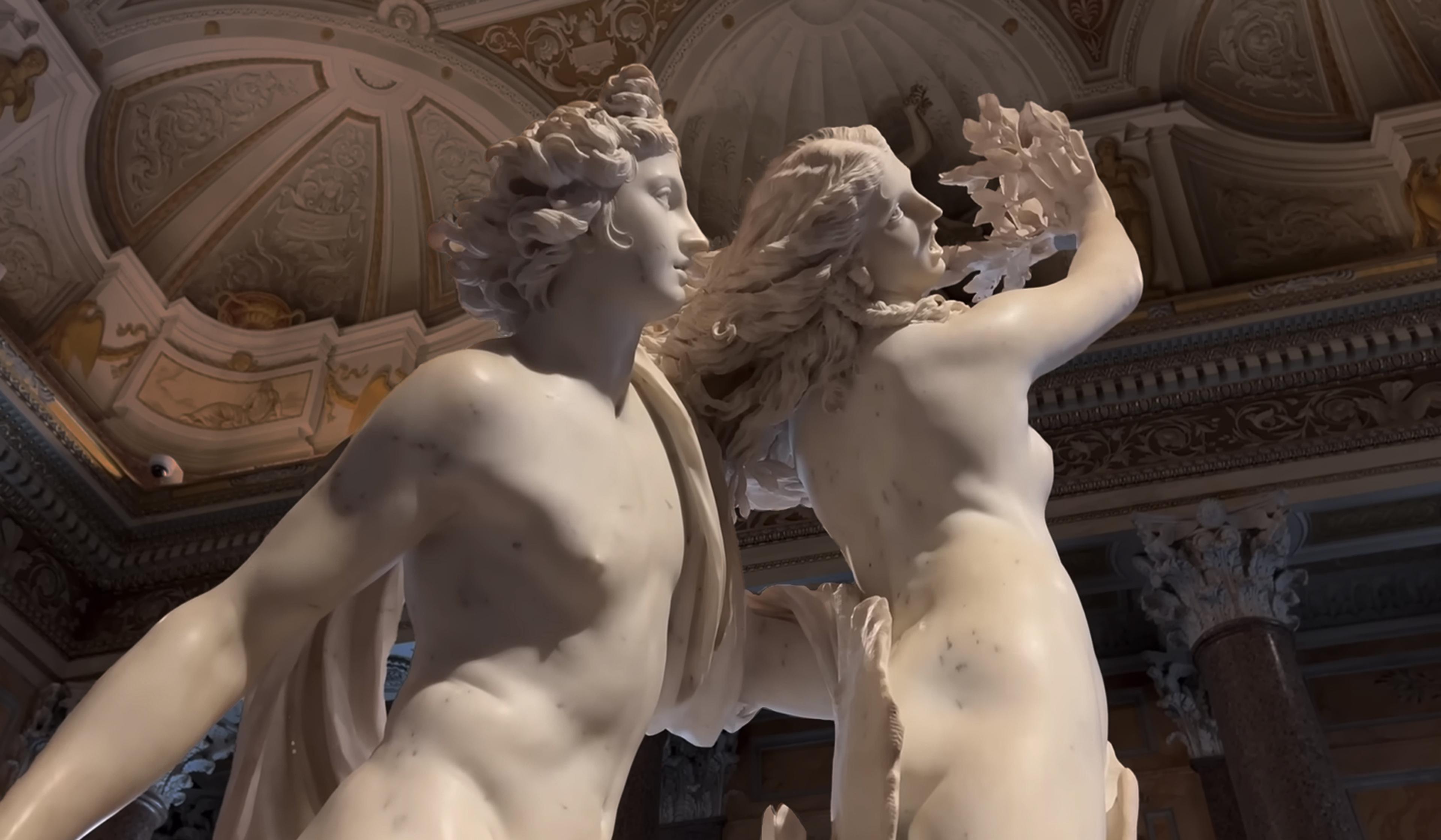
video
Art
The overlooked polymath whose theatrical oeuvre made all of Rome a stage
30 minutes
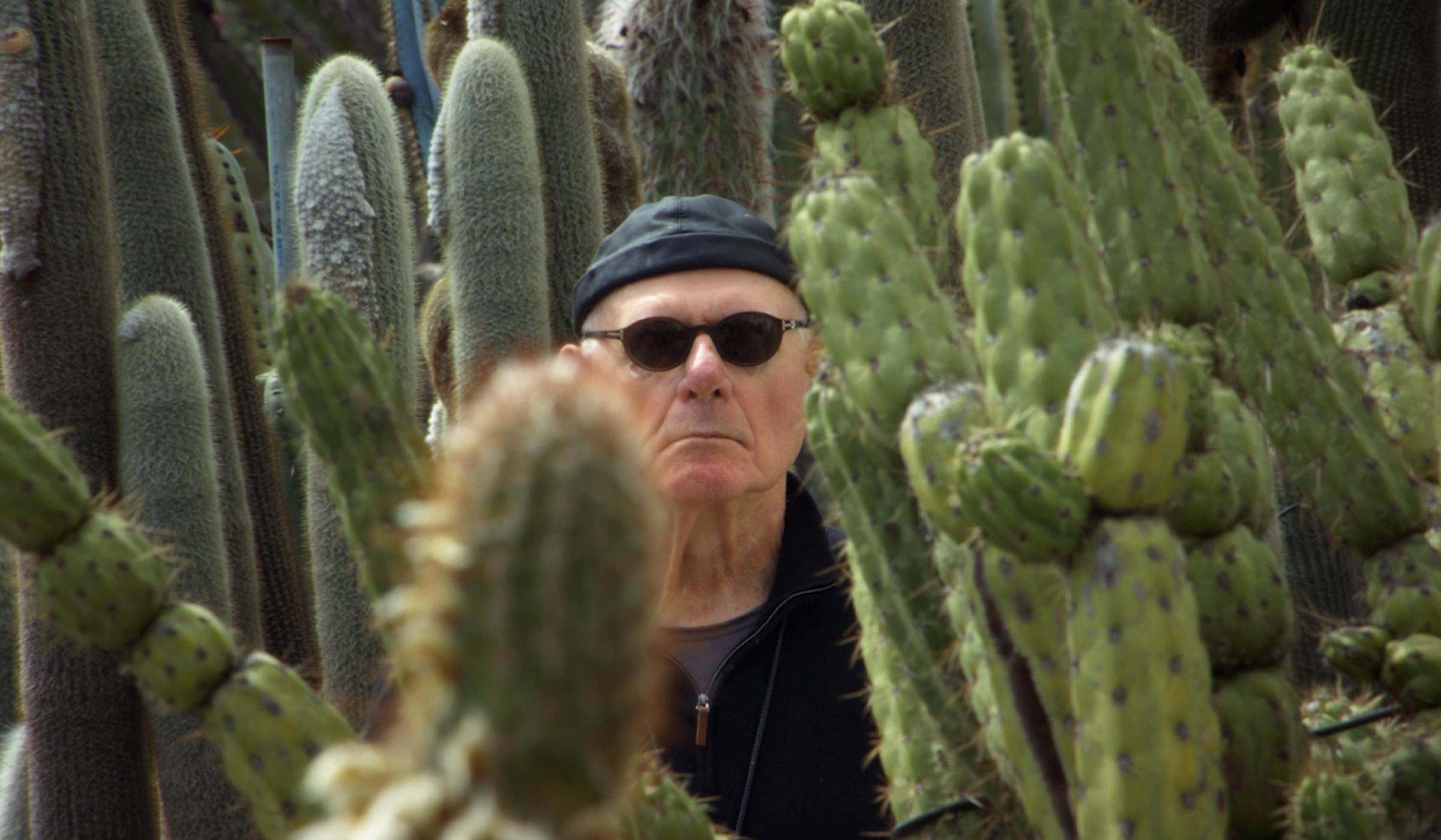
video
Beauty and aesthetics
The grit of cacti and the drumbeat of time shape a sculptor’s life philosophy
11 minutes
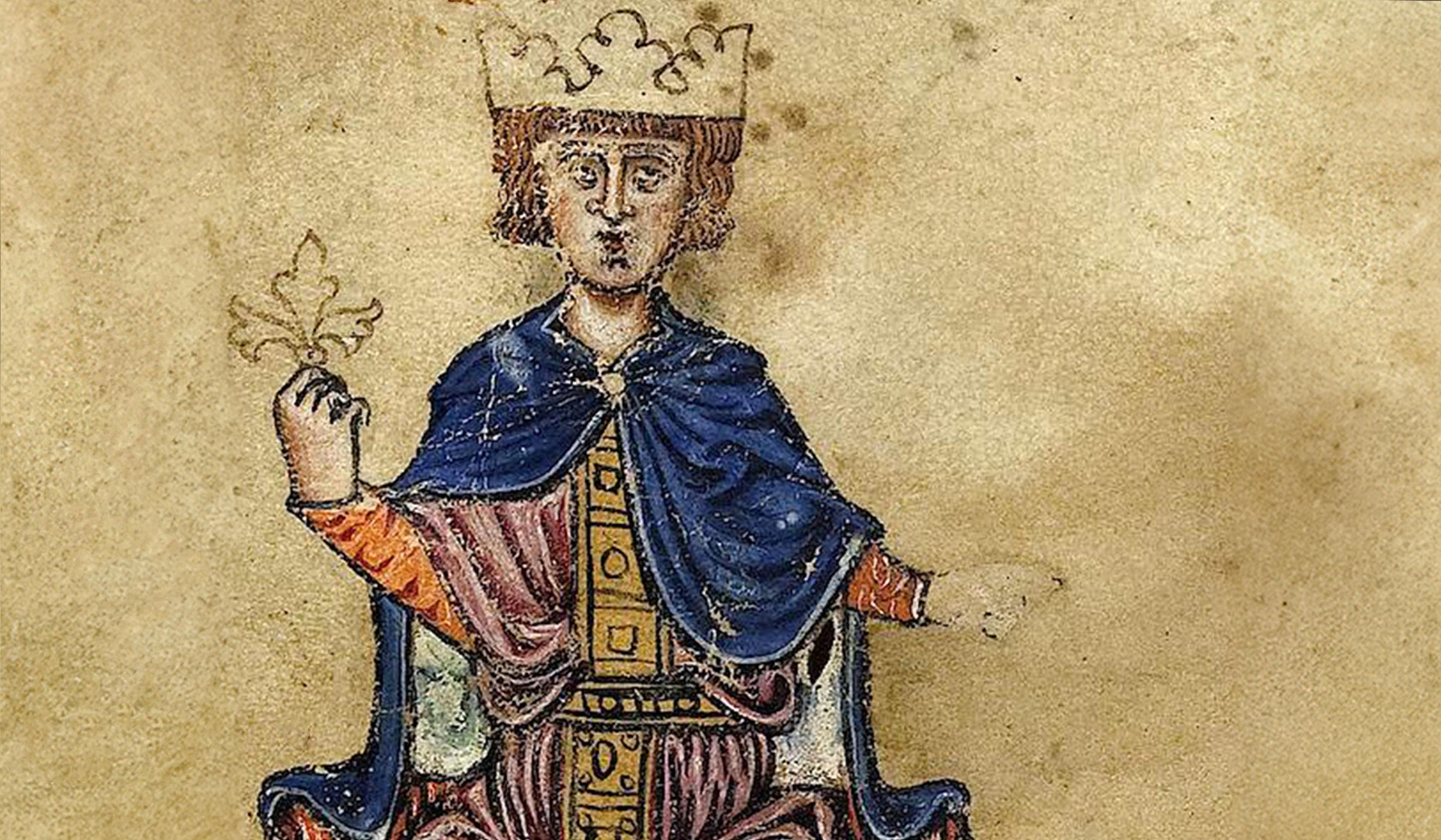
video
Religion
Hear from blasphemes, sceptics and free-thinkers in this ‘tour of medieval unbelief’
52 minutes
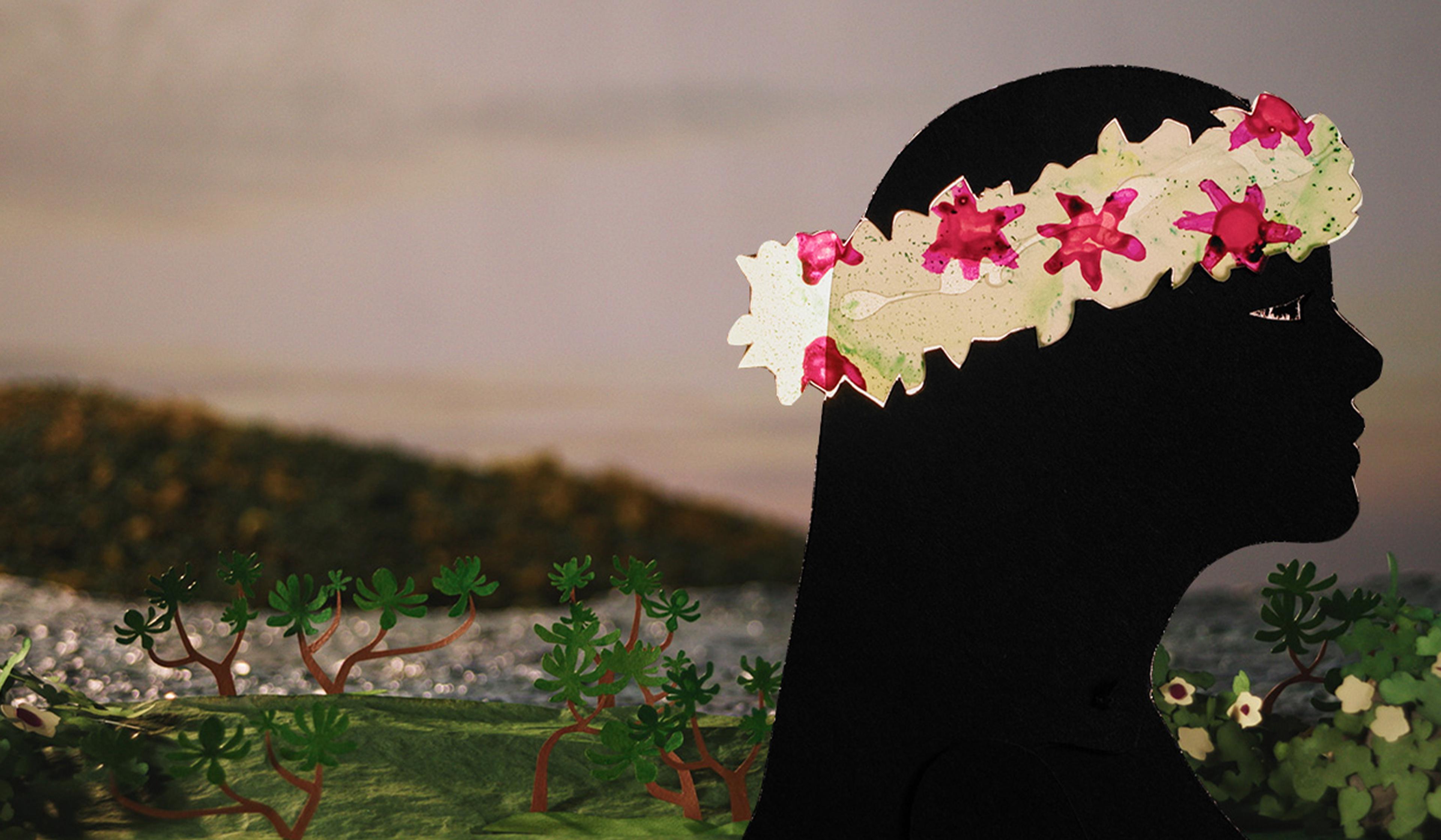
video
Ecology and environmental sciences
The ancient Hawaiian myth that sparked a modern ecological breakthrough
10 minutes
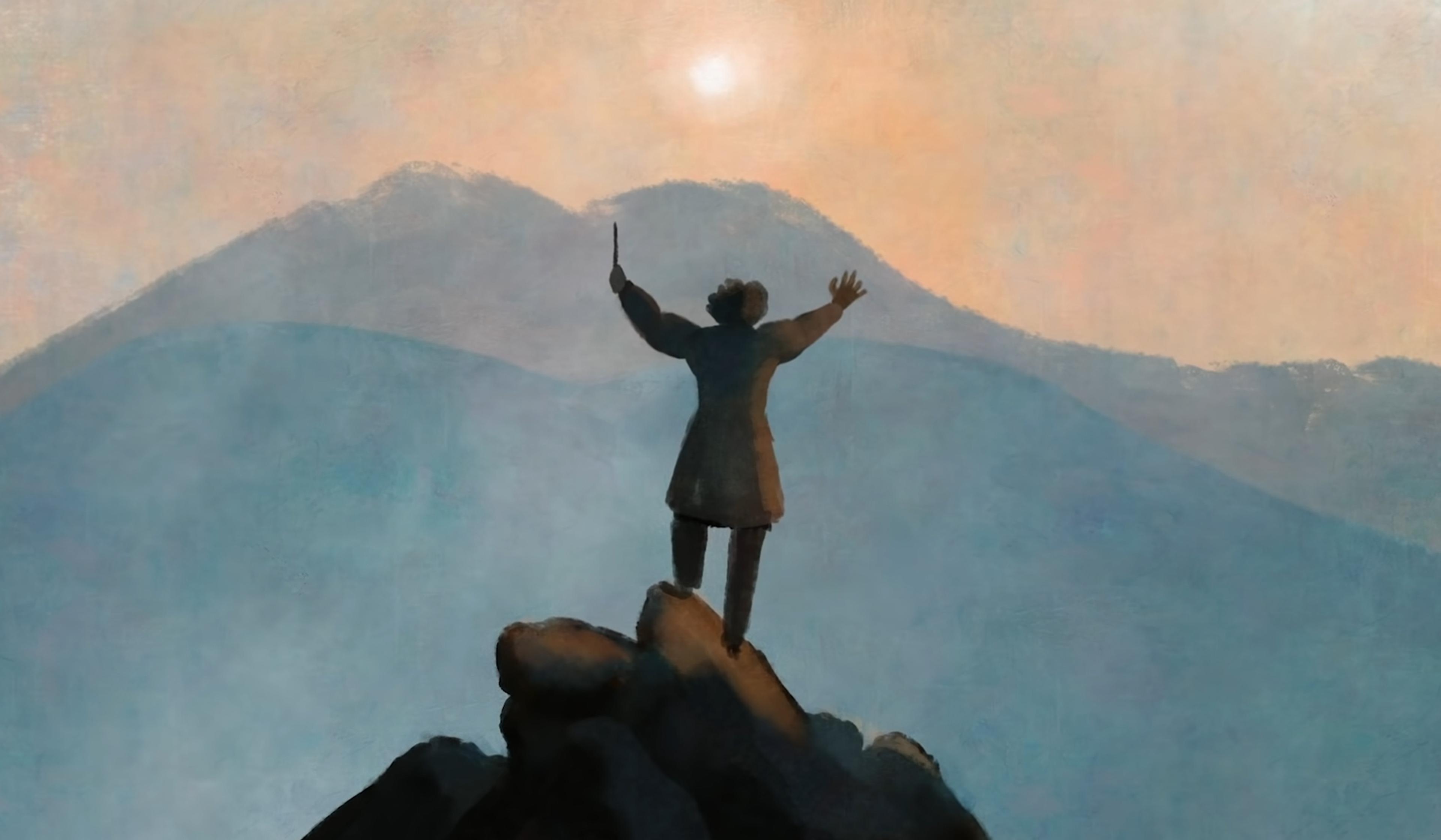
video
Music
‘Dun dun dun duuun!’ Why Beethoven’s Fifth sticks in the head and stirs the heart
5 minutes
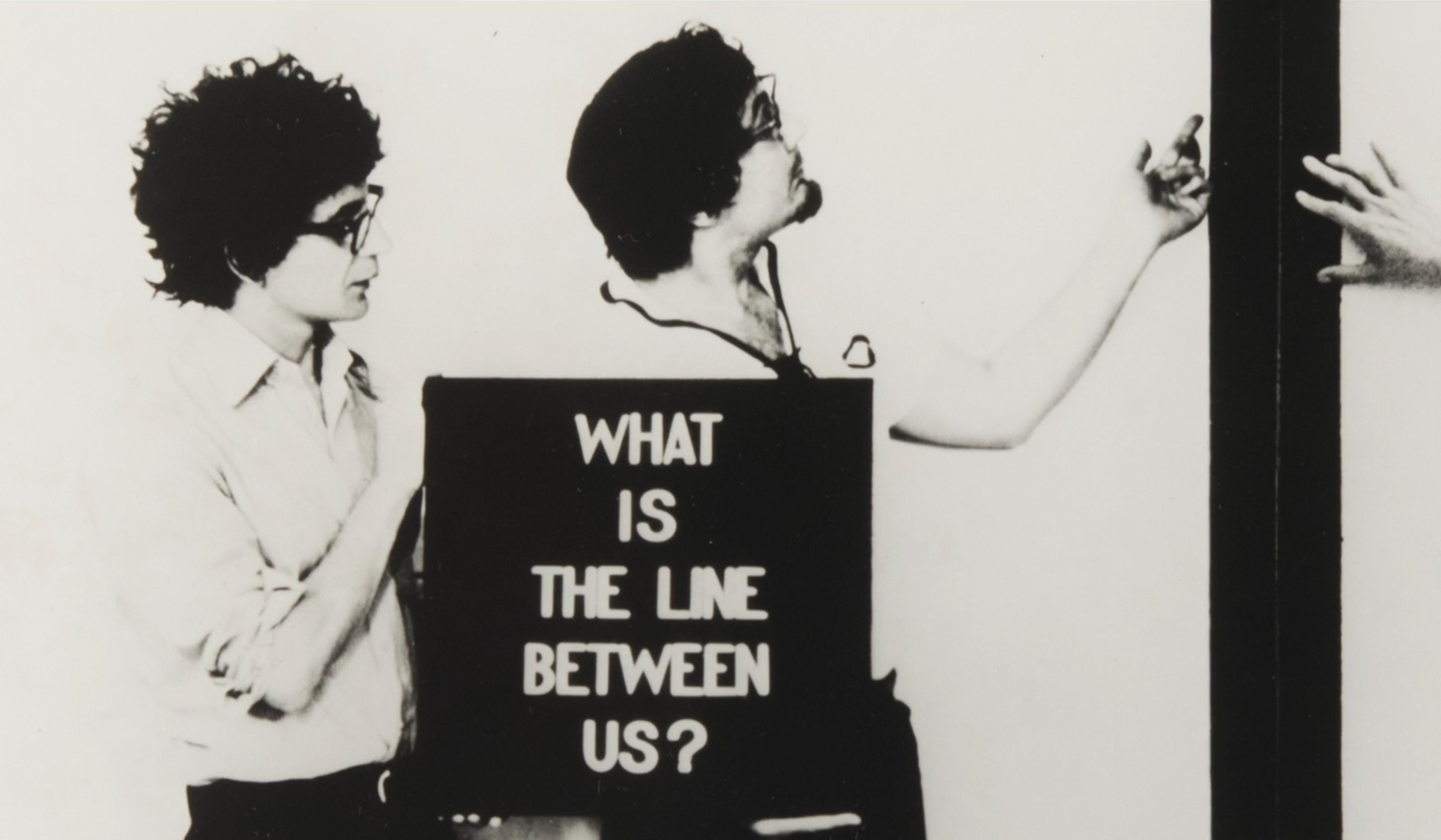
video
Art
The irreverent duo who thumbed their noses at the Soviet Union and the US art world
11 minutes
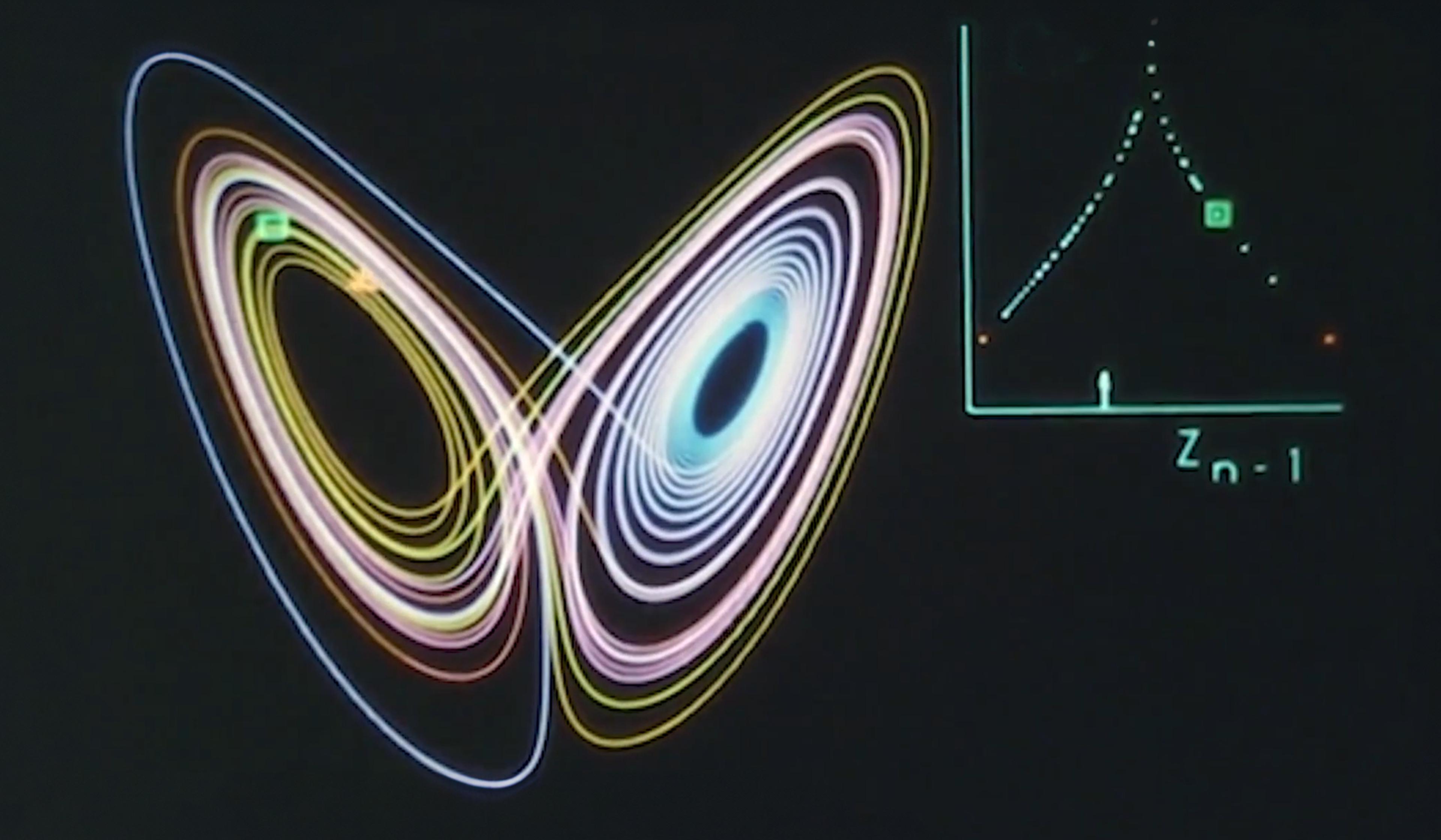
video
Thinkers and theories
Henri Bergson on why the existence of things precedes their possibility
3 minutes